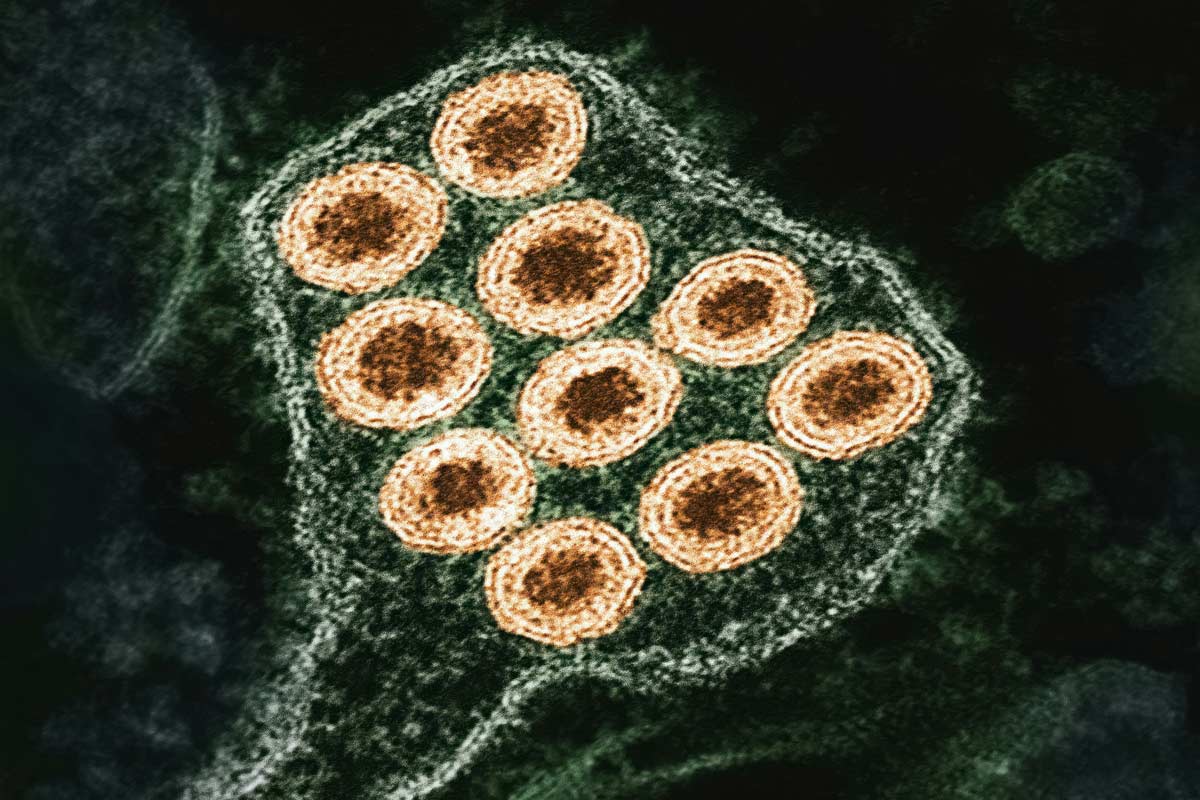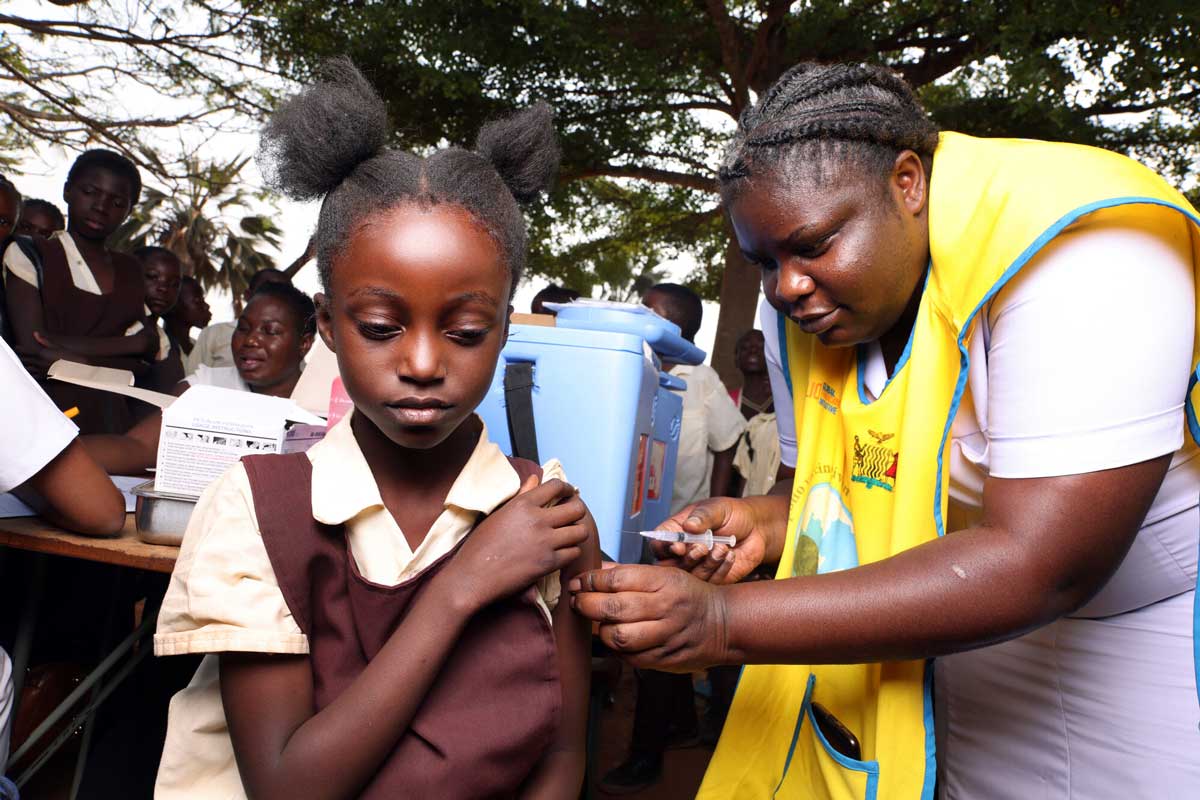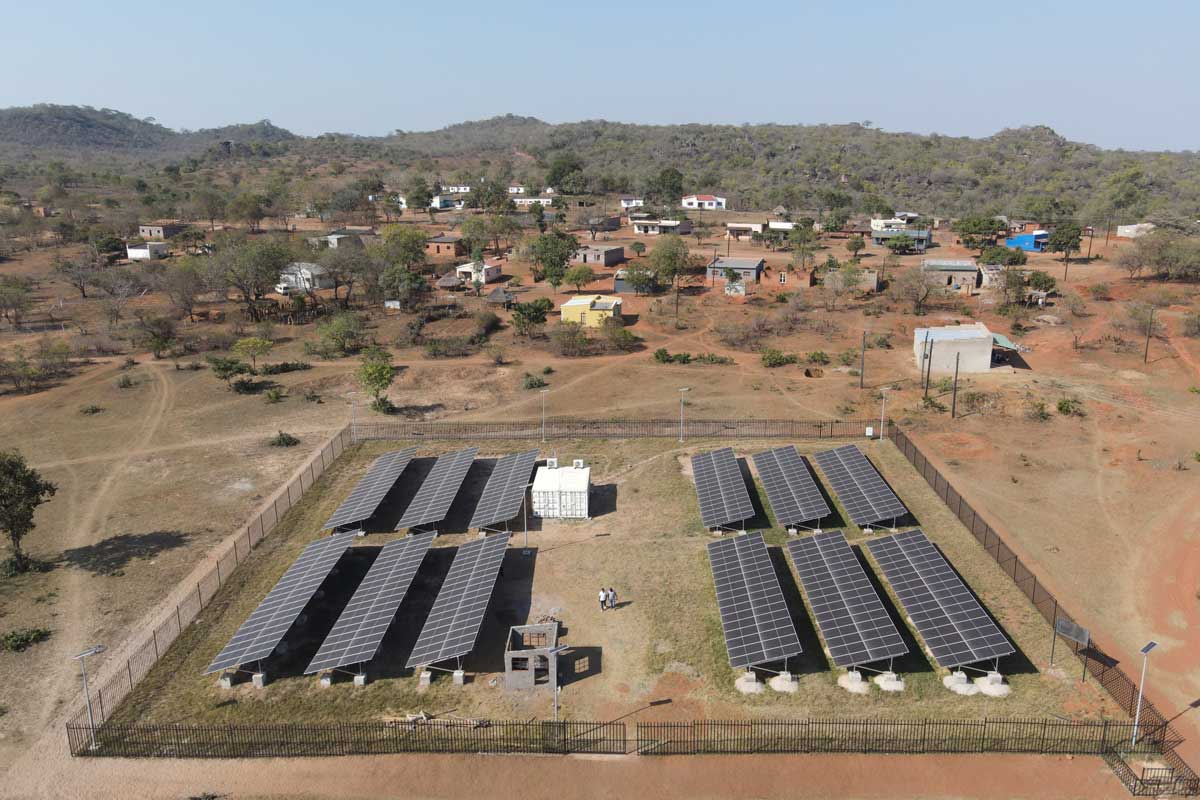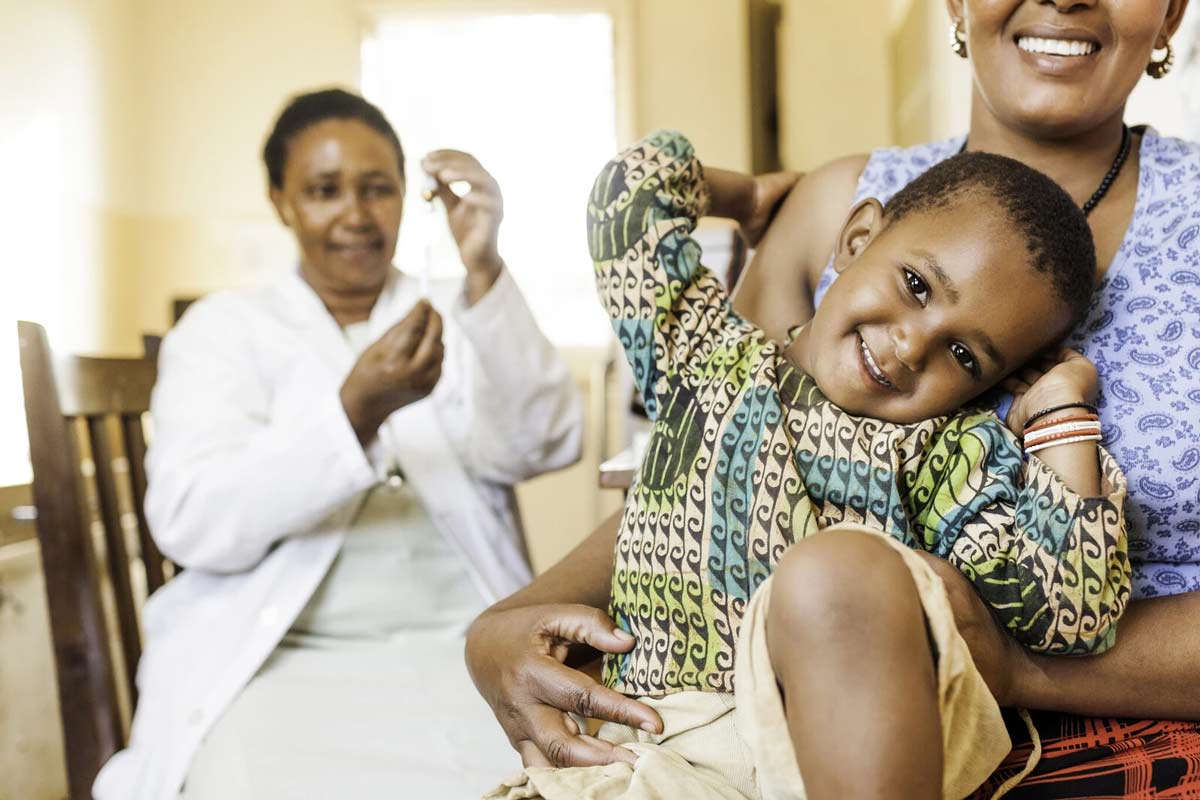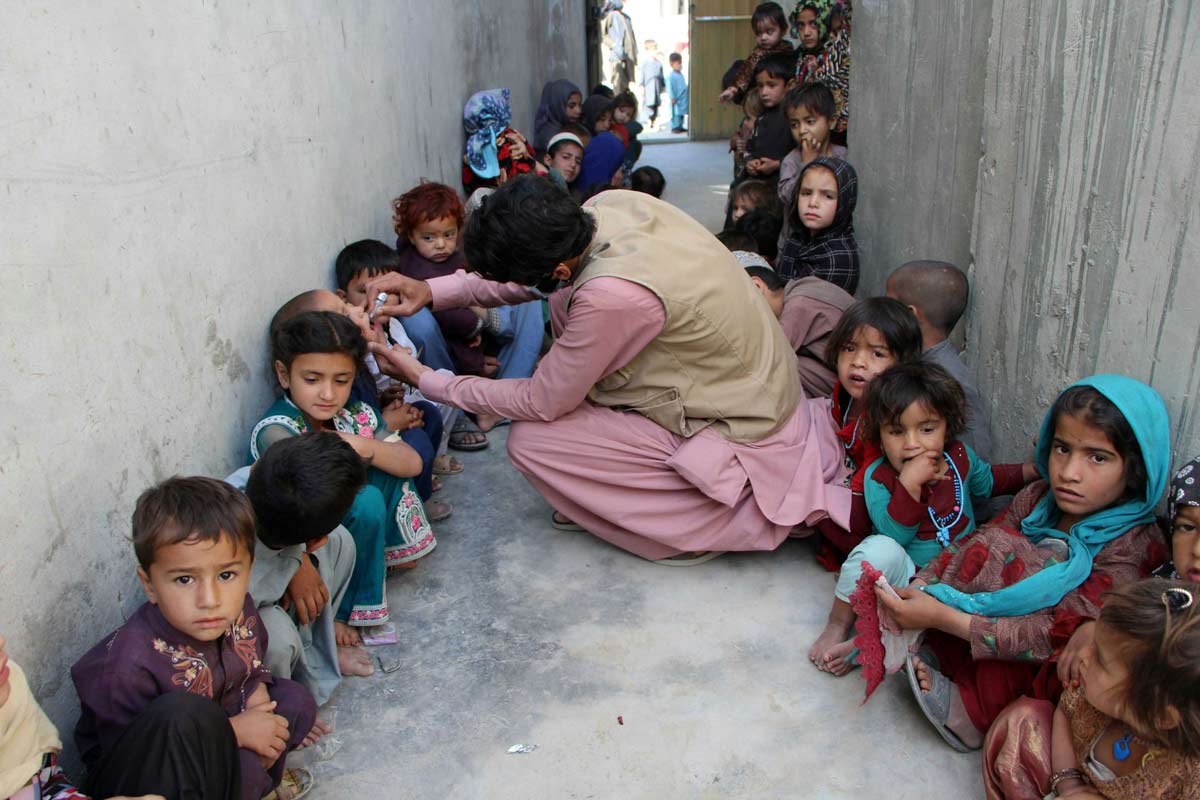"Immunisation is currently undervalued and underutilised": Gavi's statement to the UNGA on antimicrobial resistance
This week the UN General Assembly approved a historic Political Declaration committing to new measures to tackle AMR. Read Gavi’s statement to the Assembly.
- 27 September 2024
- 2 min read
- by Gavi Staff
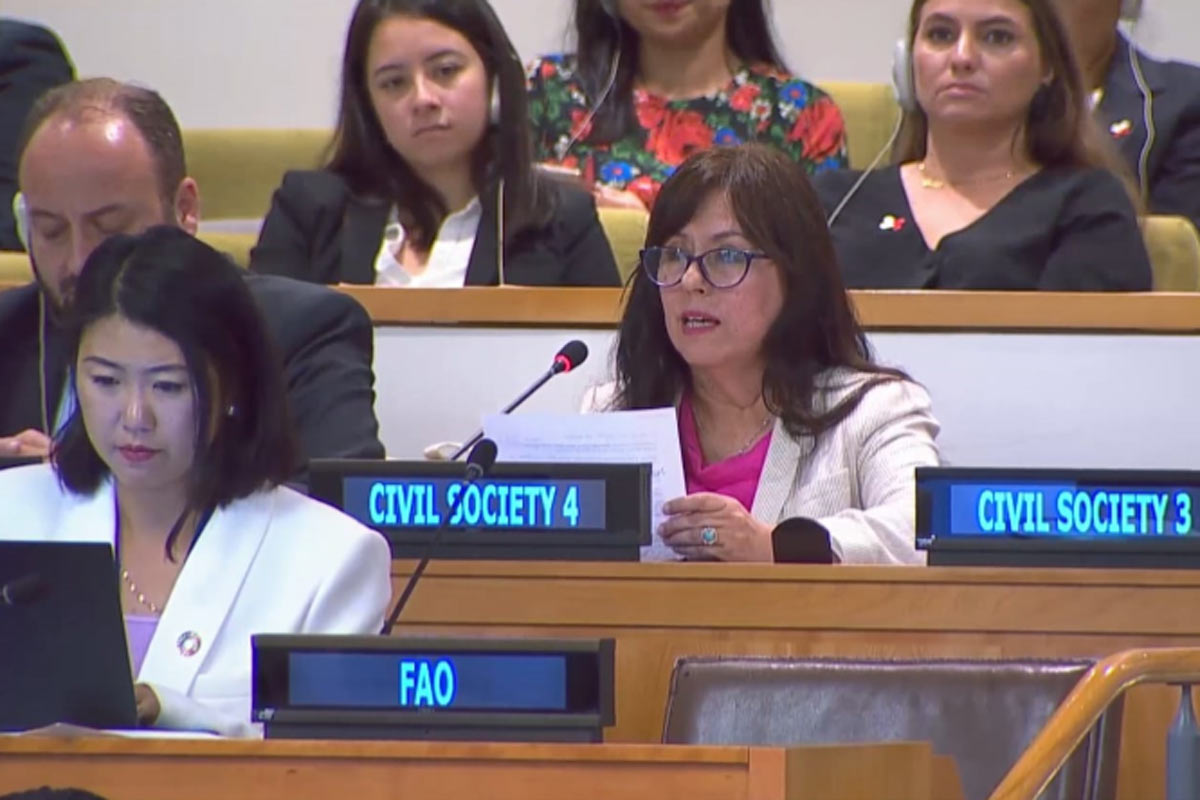
Antimicrobial resistance (AMR) is an urgent global public health threat requiring sustained political attention and the use of all effective measures to tackle it.
However, a key intervention to prevent and reduce AMR – immunisation – is currently under-valued and under-utilised.
Out of 108 national AMR plans analysed in 2022, only 14 (or 13%) included immunisation and the need for strengthening immunisation programmes as a tool for preventing and reducing AMR.
Yet, vaccines are one of the most impactful and cost-effective ways of tackling AMR.
New estimates found that universal access to vaccines, alongside access to WASH facilities and better infection prevention and control, could prevent around 750,000 annual deaths associated with antibiotic-resistant bacteria in low- and middle-income countries.
At Gavi, the Vaccine Alliance, we are already doing our part, and we are ready to do more.
As of June 2024, Gavi supports vaccines against 20 infectious diseases, some of which are particularly powerful in preventing AMR, such as pneumococcal, typhoid and Haemophilus influenzae type b (Hib).
Additionally, “Impact on reducing AMR” is now a key consideration in our decision-making process when we invest in new and future Gavi-supported vaccines.
New estimates found that universal access to vaccines, alongside access to WASH facilities and better infection prevention and control, could prevent around 750,000 annual deaths associated with antibiotic-resistant bacteria in low- and middle-income countries.
If fully funded, Gavi could help turn the tide on AMR over the next five years.
For example, fully scaling up Haemophilus influenzae type b (Hib), pneumococcal, rotavirus and typhoid vaccination in Gavi-eligible countries could reduce the use of antibiotics by over 60 million doses a year – a reduction of more than 13%.
Excellencies, funding vaccine programmes directly contributes to tackling AMR.
Gavi stands ready to support countries to implement the political declaration of this High-Level Meeting and promote alignment between AMR plans and national immunisation strategies.
Thank you.
More from Gavi Staff
Recommended for you
